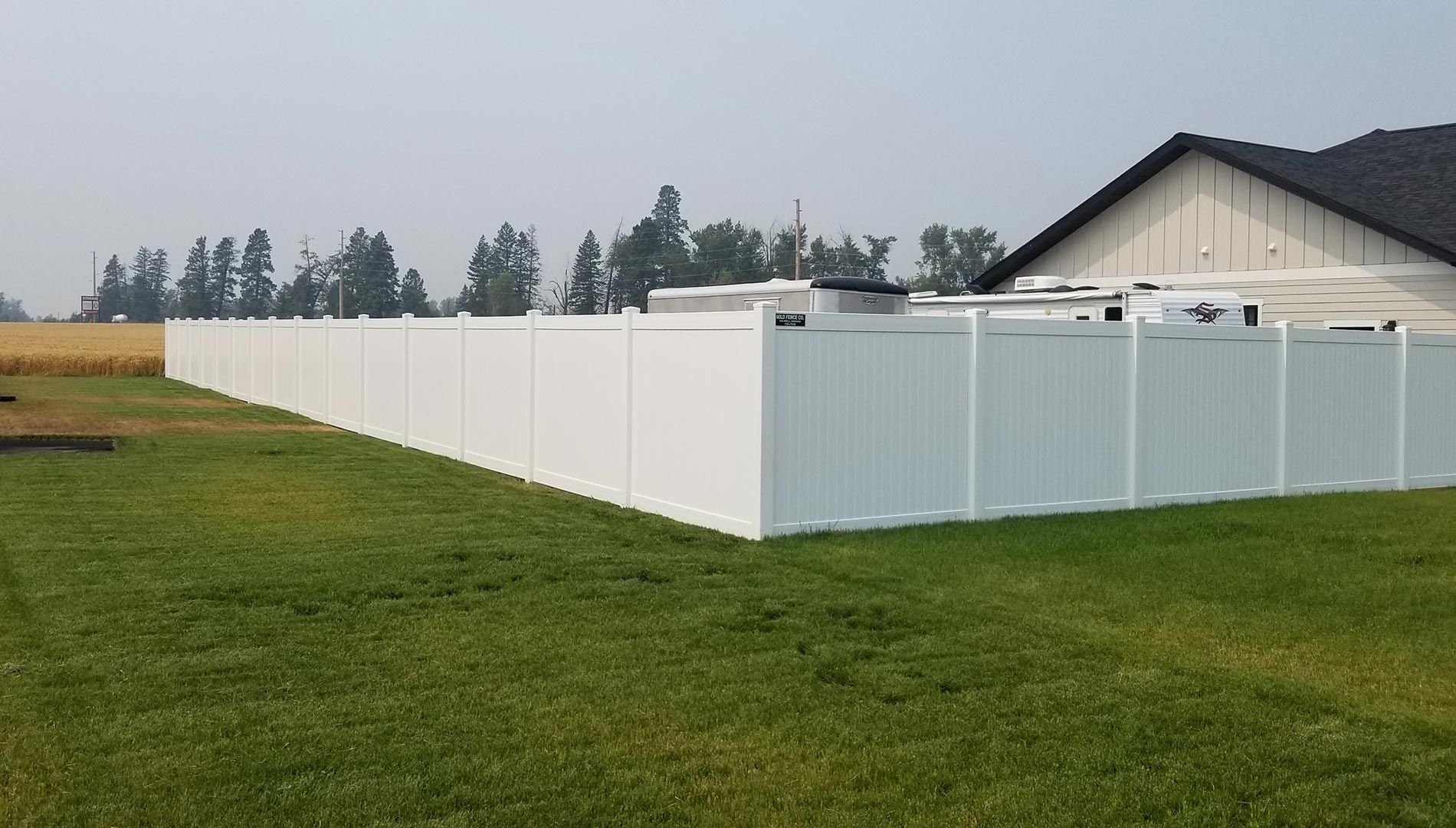Fence upkeep doesn’t always require expert help. With the proper tools and a little know-how, you can manage many standard issues yourself and save on repair costs. Here’s a simple guide to DIY fence care.
Tools You Need for Basic Fence Upkeep
Before you start fixing your fence, be sure to have the proper tools ready. Here’s a list of essential items for handling most DIY fence repairs:
- Hammer – A hammer is essential for securing loose nails or repairing broken fence boards.
- Screwdriver – Ideal for tightening screws on wooden or metal fences
- Post Level – Ensures your fence posts stay perfectly vertical
- Paint or Stain – Protects wooden fences from weathering and enhances longevity
- Wire Cutters – Useful for trimming wire fences or cutting away tangled vines
A Guide to Fixing Common Fence Issues
Steps to Fix a Loose Fence Board
If you notice a loose or damaged board, fixing it is relatively simple:
- Use a hammer or screwdriver to remove any loose nails or screws.
- Align the board with the rest of the fence and secure it with new nails or screws.
- Consider adding a corner bracket or additional reinforcement to ensure stability.
Tips for Sealing and Staining Wooden Fences
Staining or sealing your wooden fence helps protect it from weather damage and keeps it looking fresh:
- Start by cleaning the fence well to remove any dirt, debris, and mildew.
- Choose a suitable stain or sealant for outdoor use.
- Apply evenly with a brush or sprayer, starting from the top and working your way down.
- Ensure the fence dries completely before you put it back to use.
Recognizing When You Need Professional Fence Help
Not all fence repairs are suitable for DIY. Simple tasks like tightening screws or replacing boards are easy to handle, but major issues may require professional help:
- Major structural issues, like leaning posts or a sagging fence.
- Electric fences or high-security fences require specialized knowledge and should be handled by experts.
- When weather damage compromises the fence’s structure, it’s best to get professional assistance.
When in doubt, it’s best to call a professional. It will save you time, money, and avoid any unnecessary stress.
